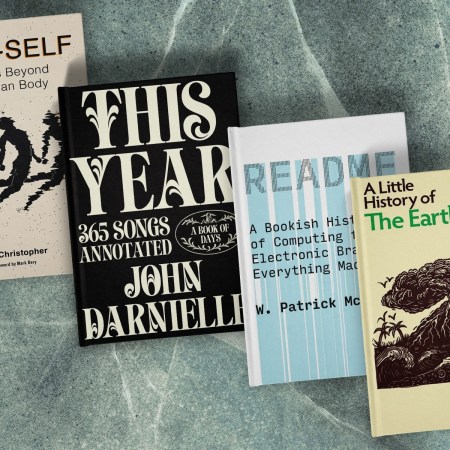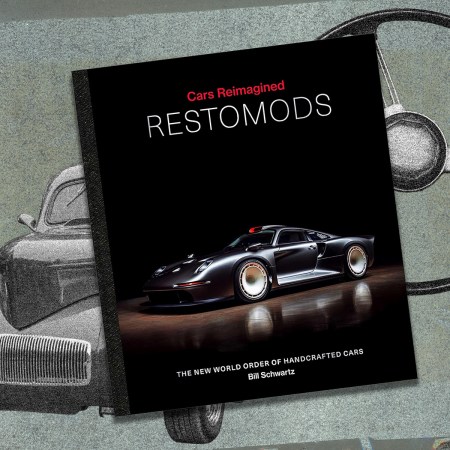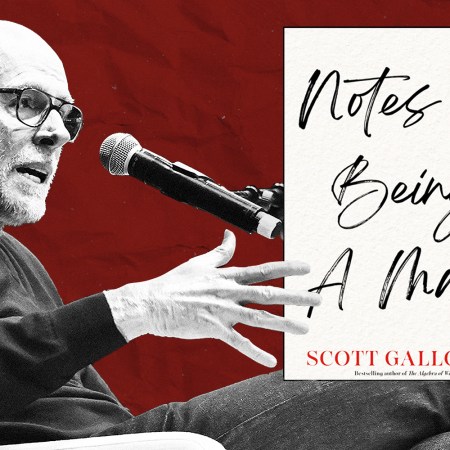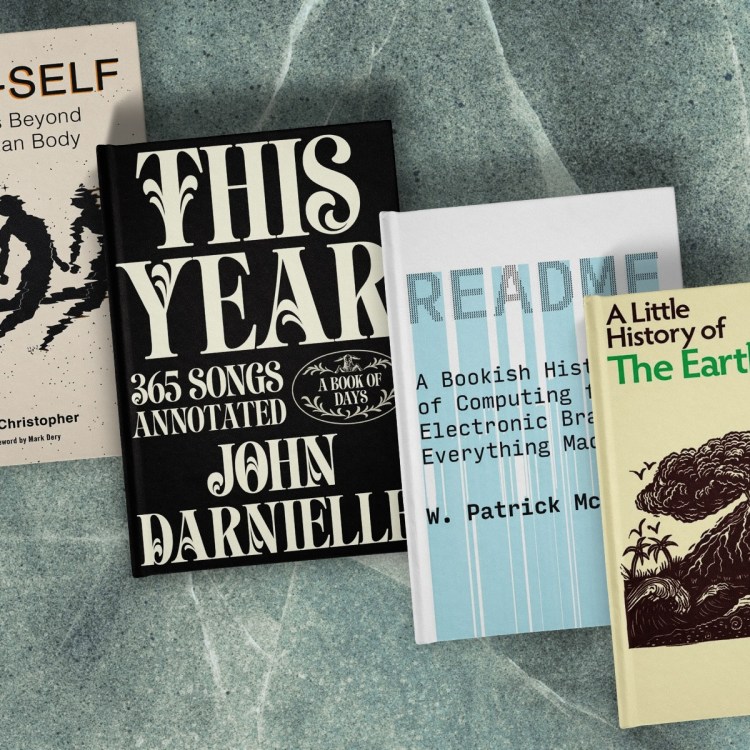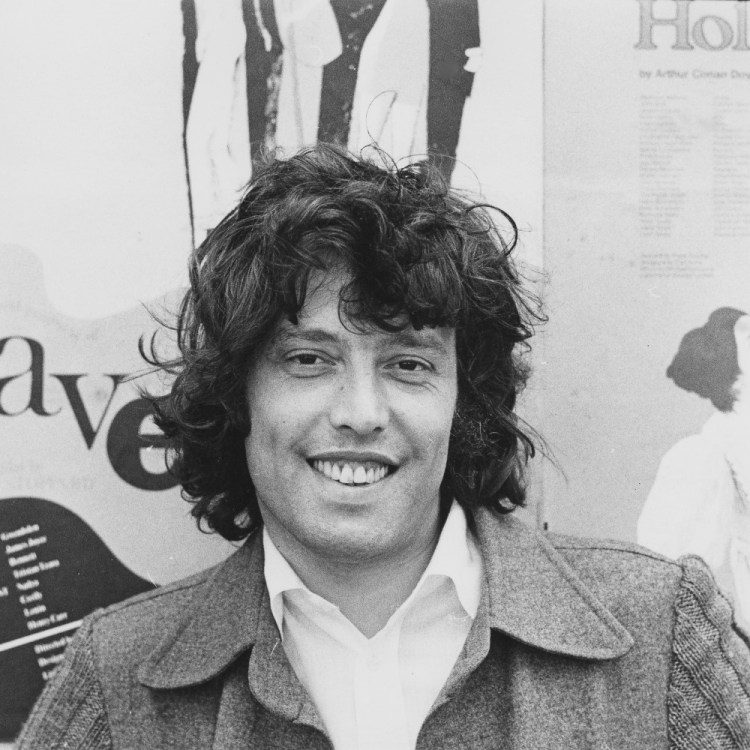What draws readers to tales of lurid crimes, sinister underworld figures and the people tasked with piecing together the aftermath of unsettling events? Crime fiction in its many permutations has been a staple for many readers, ever since the first detective stories were published. But every once in a while, it’s good to take a step back and explore the bigger questions, including the perennial “why?”
That’s what author Steph Cha has done in a new essay for CrimeReads. Cha is the author of several acclaimed books, including the new novel Your House Will Pay. And in this new essay, she takes an insider’s view of her own genre, blending it with a thoughtful exploration of crime fiction’s appeal.
Cha addresses one fascinating aspect of crime fiction — namely, the way that it, as a genre, can have a built-in narrative neatness that contrasts with the ambiguities and inequalities of crime and punishment in the real world. In doing so, Cha also cites the recent controversy over Central Park Five prosecutor Linda Fairstein’s rescinded award from the Mystery Writers of America, and Farstein subsequently being dropped by her publisher in the wake of the miniseries When They See Us.
For Cha, crime fiction has become less about neat resolutions and more about an exploration of the aftereffects of crimes. Or, as she puts it in her essay in a section regarding her new novel, “I was less interested in solving crimes than I was in spending time with the people affected and dwelling in the damage wrought by violence in a viscerally human way.”
This, in turn, lines up with comments Cha made in a recent interview with Longreads, in which she compares her experience writing Your House Will Pay with her earlier novels, which feature detective Juniper Song. “One thing I learned is that it’s much easier from a plot point of view to write a straight crime novel than to write a literary novel, or a novel that doesn’t rely on a built-in genre,” Cha said.
What draws readers to crime fiction? As Cha puts it in her essay, “crime fiction, maybe even more so than any other genre, has the ability to ask the important questions and shine the light on society’s darkness.” It’s a thoughtful exploration of one genre’s perennial appeal.
Subscribe here for our free daily newsletter.
Thanks for reading InsideHook. Sign up for our daily newsletter and be in the know.

